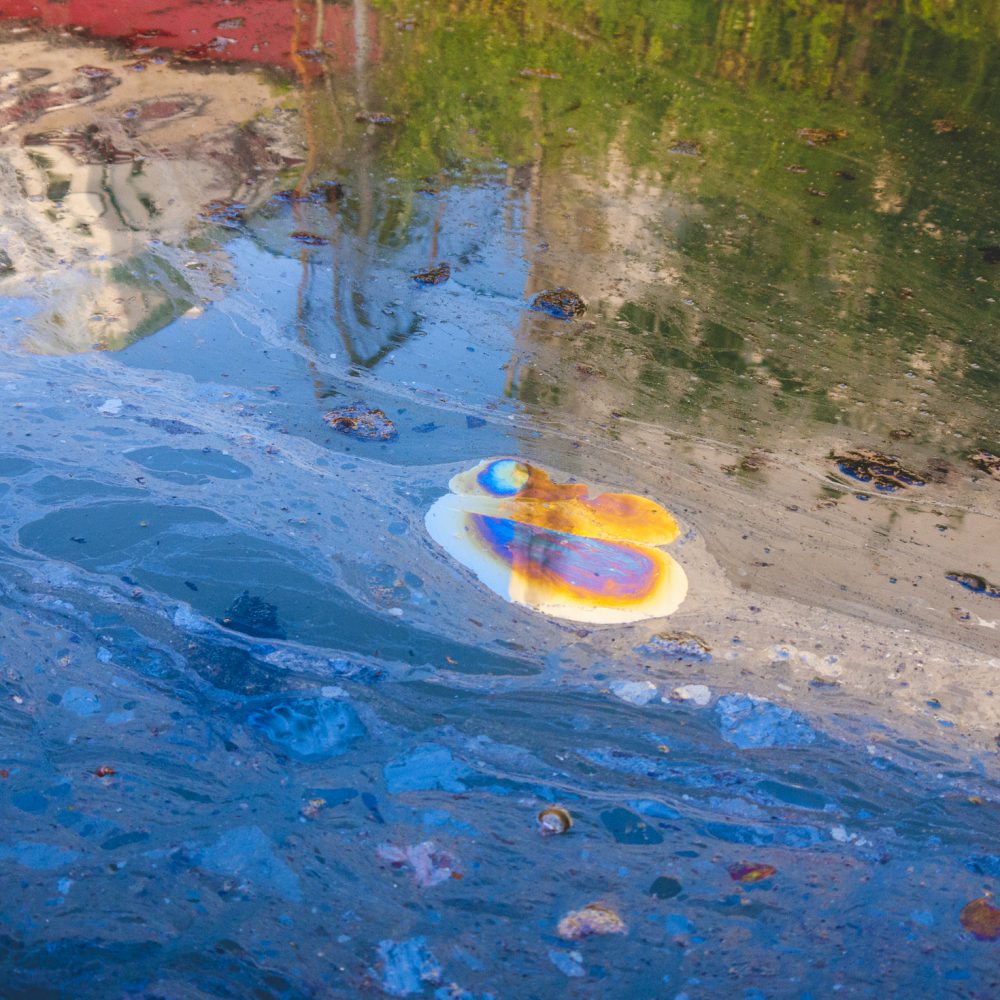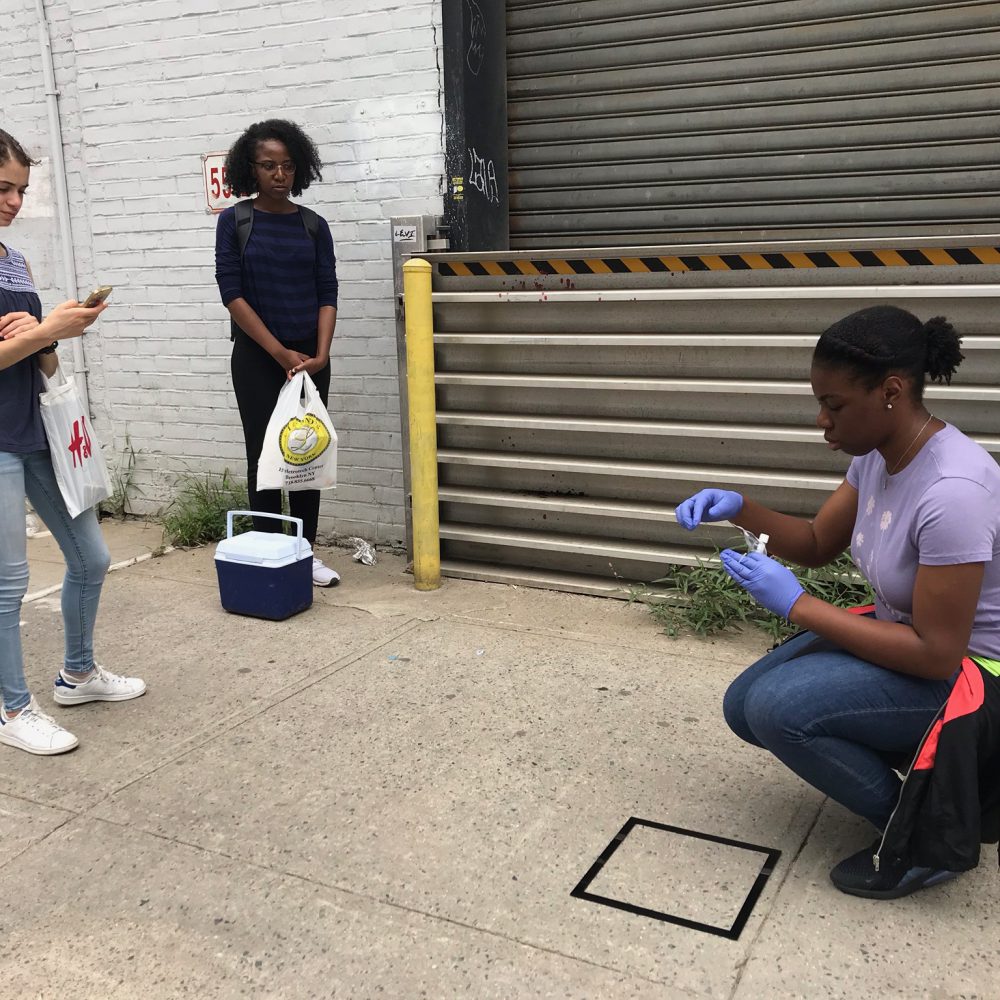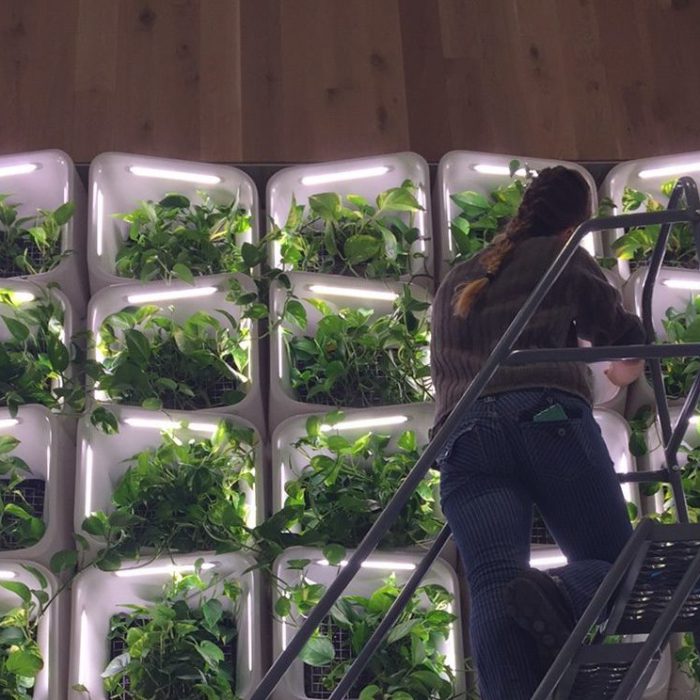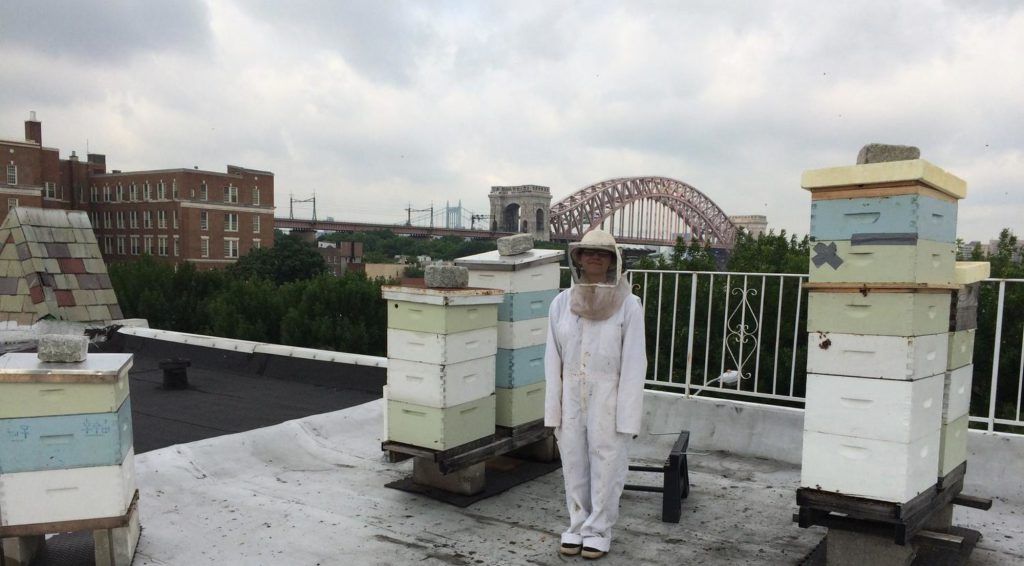Gowanus Canal Microbiome
The Gowanus Canal in Brooklyn, one of two SuperFund sites in New York City, is emblematic of many contaminated post-industrial sites across the country. We are developing new methods to monitor contamination, working with community advocacy groups to support stakeholder equity in a rapidly gentrifying neighborhood.
Mapping Floods and the Urban Microbiome
In New York City, sea level rise has led to a dramatic increase in flood risk, particularly in low-lying and coastal neighborhoods. Urban flood water contains a diverse array of contaminants, including industrial and household chemicals, fuels, and sewage found in an urban environment. We are developing protocols to assess how flooding events alter the microbiome of street surfaces.
Green Walls and the Indoor Microbiome
We know that the human microbiome, and therefore human health and well-being, is affected by the environmental microbiome. Urban residents spend on average 80% of their time indoors, in highly engineered environments. In collaboration with the Yale Center for Ecosystems in Architecture, we seek to understand whether green wall infrastructure can be optimized to augment the indoor microbiome.
Aerobiomes as seen by honeybees
As bees forage, they traverse the microbial clouds associated with elements in their environment – green spaces, bodies of water, industrial landscapes. These signatures can be read from the “bee debris” at the bottom of the hive. We recruit honeybees as citizen scientists collecting information on urban aerobiomes, and use the data to understand the environment of their foraging range.



